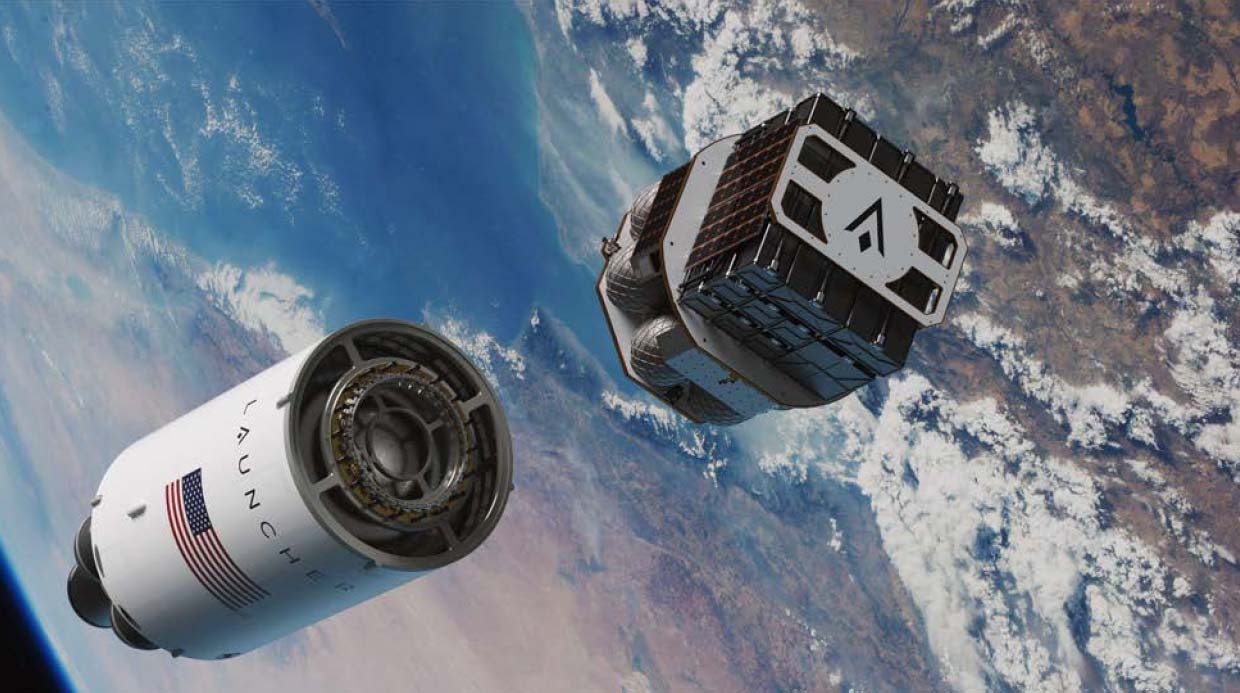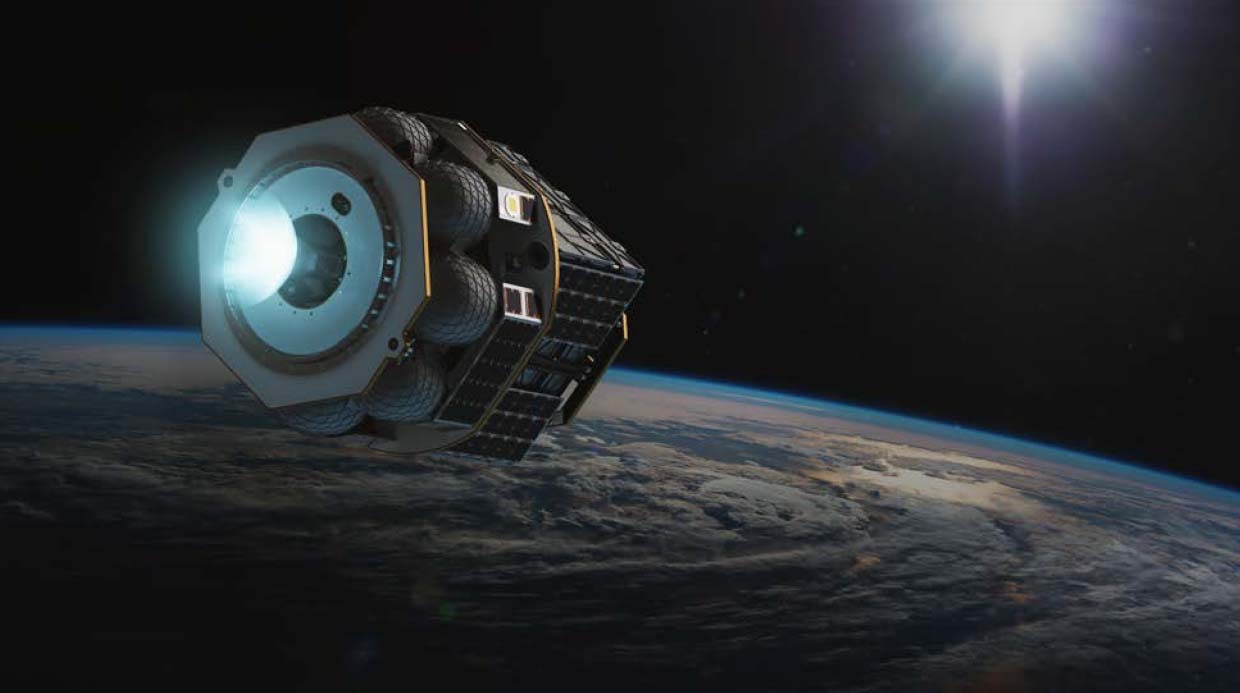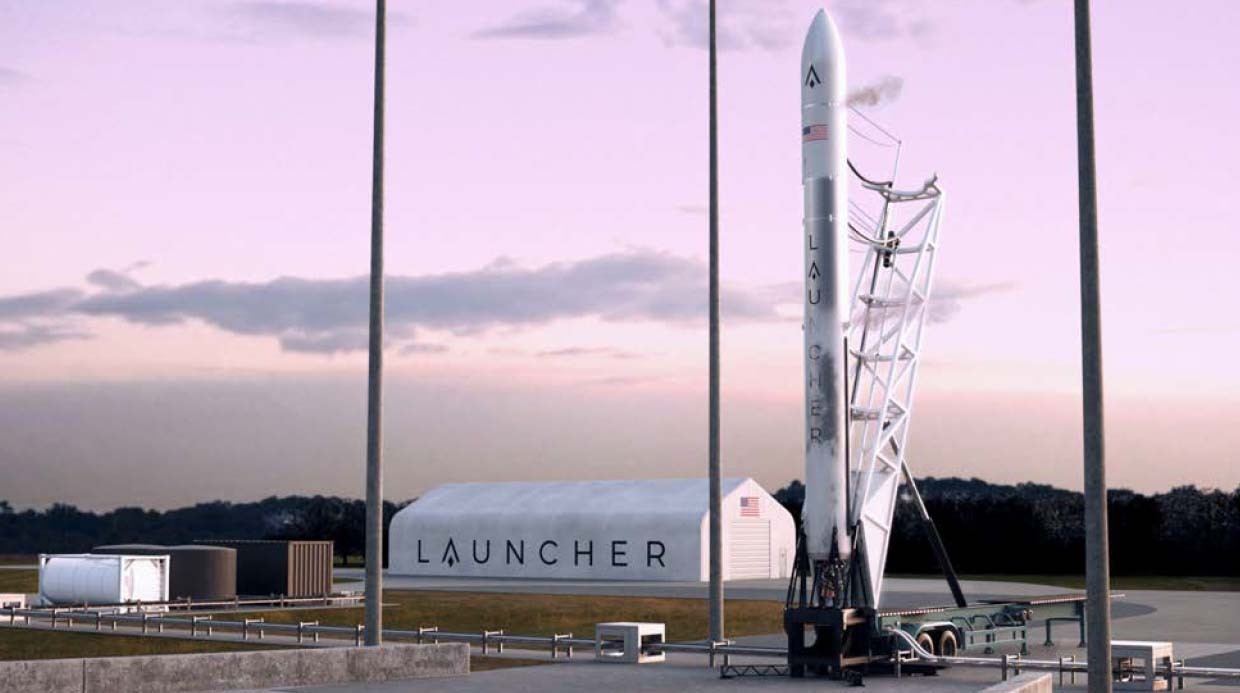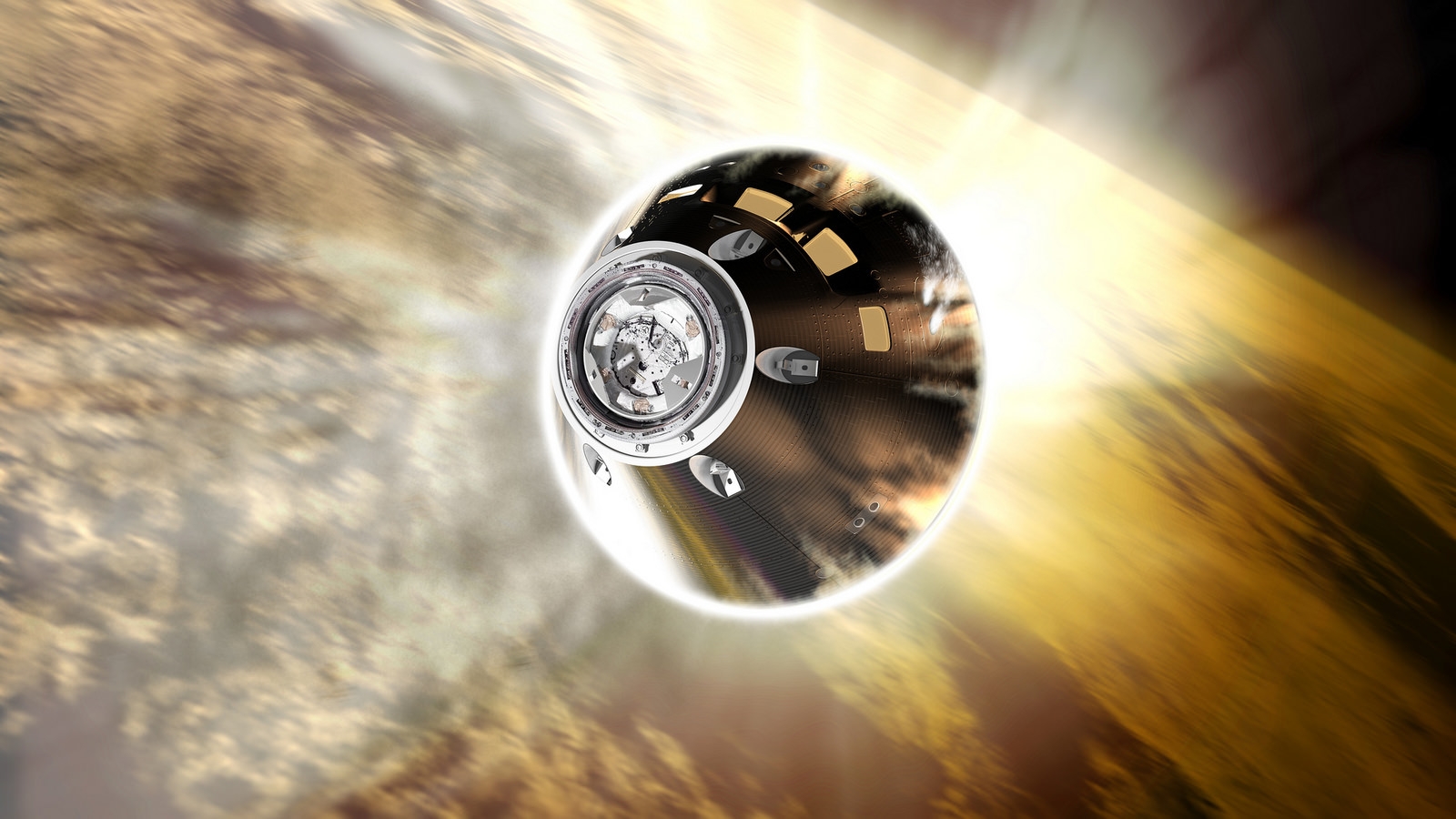Space startup Launcher to fly an orbital platform filled with CubeSats on a SpaceX rocket in 2022

Breaking space news, the latest updates on rocket launches, skywatching events and more!
You are now subscribed
Your newsletter sign-up was successful
Want to add more newsletters?

Delivered daily
Daily Newsletter
Breaking space news, the latest updates on rocket launches, skywatching events and more!

Once a month
Watch This Space
Sign up to our monthly entertainment newsletter to keep up with all our coverage of the latest sci-fi and space movies, tv shows, games and books.

Once a week
Night Sky This Week
Discover this week's must-see night sky events, moon phases, and stunning astrophotos. Sign up for our skywatching newsletter and explore the universe with us!

Twice a month
Strange New Words
Space.com's Sci-Fi Reader's Club. Read a sci-fi short story every month and join a virtual community of fellow science fiction fans!
Startup space company Launcher has a new satellite platform that will carry stacks of CubeSats into space, the company announced after a nearly $12 million funding round.
The platform, called Orbiter, will send up to 330 pounds (150 kg) of mass to orbit. Initially, it will be used for rideshare missions that send fleets of small satellites into orbit, with a larger satellite riding aboard a SpaceX Falcon 9 rocket. Launcher's debut mission will take off aboard a Falcon 9 in October 2022.
"With Orbiter, small satellite constellation developers can take advantage of the rapid cadence and unprecedented price point of the SpaceX rideshare program to build their constellation at optimum cost and timing," Hawthorne, Calif.-based Launcher stated in a press release.
Related: See the evolution of SpaceX's rockets in pictures



Orbiter will also serve as the third stage of Launcher Light, a small rocket that Launcher hopes to get into low Earth orbit in 2024. The company said customers may want to consider Launcher Light for "additional orbits and schedules."
The rocket's comparatively diminutive size (at 50 feet (15 meters)) allows full dedication to a single small mission, as opposed to SpaceX's Falcon 9 (230 feet or 70 meters), in which Orbiter must fly as a rideshare vehicle.
Whatever option customers choose, most of the Orbiter components are designed and built by Launcher for "competitive pricing for its customers", the company added. Orbiter can also change the satellites' orbital velocity by roughly 0.3 miles (500 meters) per second, allowing the machines to go slightly higher or lower in their orbits.
Breaking space news, the latest updates on rocket launches, skywatching events and more!
Launcher Light will compete in a crowded, small rocket market that includes Rocket Lab's Electron and Virgin Orbit's LauncherOne. Back in 2018, however, Max Haot, the founder and chief executive of Launcher, told SpaceNews that the company is not prepared to rush into space. However, he added that Launcher Light does have the advantage to optimize for performance instead of asking its customers to make changes for their payloads.
"We have a very long-term view, 10 to 20 years," Haot said in the interview. "We don't believe that the people that got there a few years before will be the winners. We believe that the ones operating with the highest margin will be the winner."
Earlier this month, Launcher announced that it raised $11.7 million in a Series A funding round, co-led by Boost.VC and Haot, who put in $5 million from selling his Mevo camera business to Logitech. The company is also working on developing an E-2 engine for Launcher Light.
Haot said the extra money will help boost Launcher Light into orbit, along with funding the hiring of an additional 40 employees in 2021, almost double its current number of 30, according to Ars Technica. By flight time three years from now, Launcher plans to have 150 people on staff.
"Compared to our competitors, we are in the kindergarten of fundraising," Haot told Ars Technica. "This is a major acceleration of funding for us."
Follow Elizabeth Howell on Twitter @howellspace. Follow us on Twitter @Spacedotcom and on Facebook.

Elizabeth Howell (she/her), Ph.D., was a staff writer in the spaceflight channel between 2022 and 2024 specializing in Canadian space news. She was contributing writer for Space.com for 10 years from 2012 to 2024. Elizabeth's reporting includes multiple exclusives with the White House, leading world coverage about a lost-and-found space tomato on the International Space Station, witnessing five human spaceflight launches on two continents, flying parabolic, working inside a spacesuit, and participating in a simulated Mars mission. Her latest book, "Why Am I Taller?" (ECW Press, 2022) is co-written with astronaut Dave Williams.
